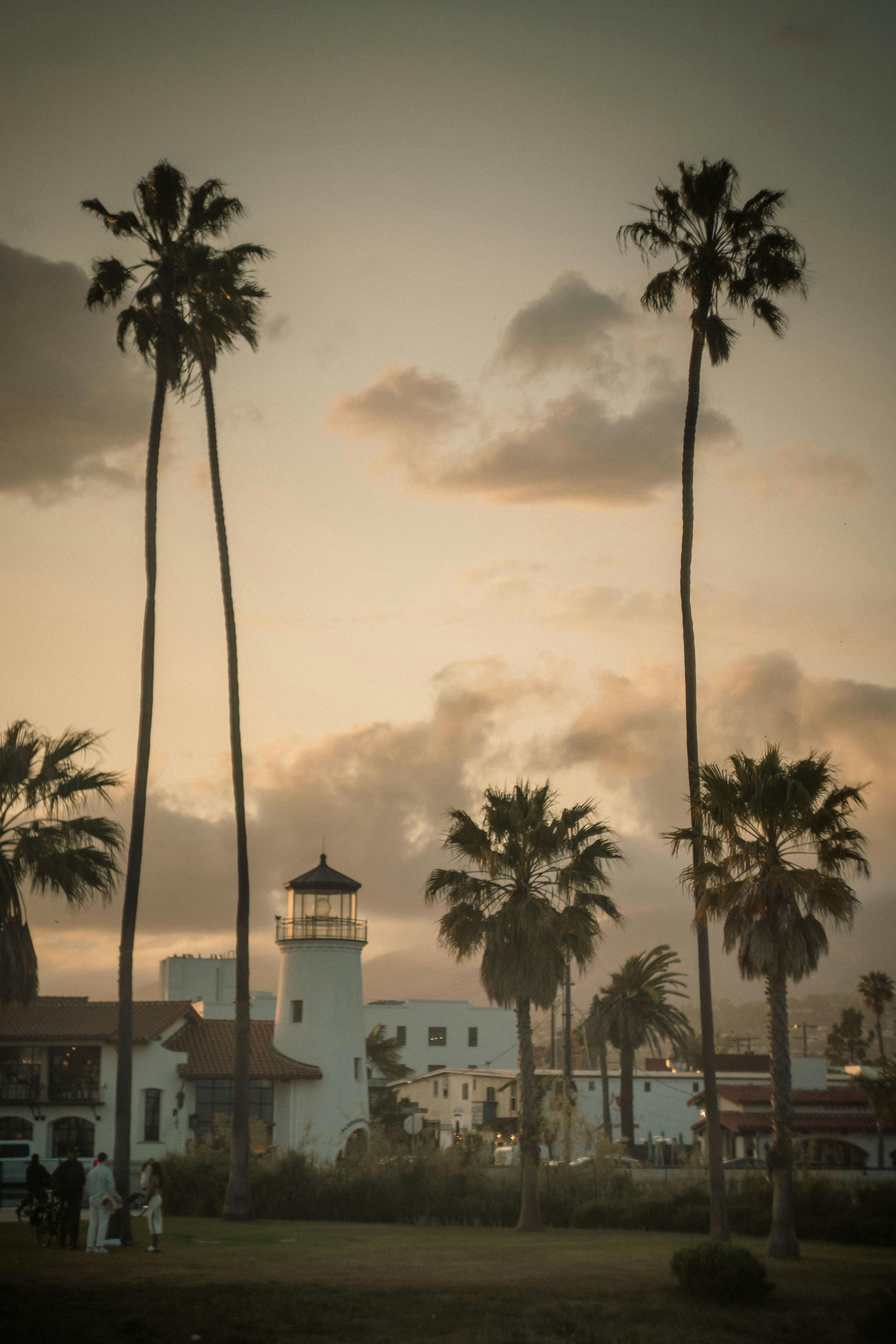Prime Minister of New Zealand advocates for imposing restrictions on social media access for individuals under 16 years old.
In a striking move, New Zealand's Prime Minister, Christopher Luxon, proposed a ban on children under the age of 16 from using social media. Addressing the pressing concern of child safety in the digital realm, Luxon emphasized the need to safeguard young people from the dark side of big tech platforms.
Across the globe, regulatory bodies grapple with protecting kids online, as social media platforms sedan with an alarming influx of violent and disturbing content.
Luxon presented draft laws that would impose fines up to NZ$2 million (US$1.2 million) on social media companies if they fail to verify their users are at least 16 years old. This proposal follows in the footsteps of tough social media regulations recently passed by Australia, which has been leading the global charge in this area.
"It's high time New Zealand acknowledged that, for all the good things that come from social media, it's not always a safe haven for our young ones," Luxon stated to reporters.
Citing concerns from parents, Luxon underscored the need for social media platforms to shield children from harmful content, cyberbullying, and exploitation. The legislation's introduction to parliament remains uncertain, but Luxon expressed optimism about gathering support across the chamber.
The draft laws stem from the National Party, the largest member of New Zealand's three-way governing coalition. To become law, they would need the backing of Luxon's two fellow coalition partners.
Parents have long expressed worries about the impact of social media on their children, according to Luxon. "They tell us they're really worried about the influence that social media is having on their kids, and that they're struggling to manage their kids’ access to social media," he added.
Australia has implemented strict social media regulations, with the Online Safety Amendment (Social Media Minimum Age) Bill 2024. This law prohibits individuals under 16 from using most social media platforms, while offering exemptions for services primarily used for education, health support, messaging, and gaming. Companies that do not adhere to these regulations can face significant fines.
New Zealand seems inclined to follow Australia's lead, though specifics about their proposed laws are as yet unavailable. Previously, New Zealand has criticized Australia's exemption of YouTube, given YouTube's role in past incidents.
The response to Australia's regulations has been mixed. While some platforms like TikTok, Snapchat, and Meta have voiced displeasure with the rules, particularly the YouTube exemption, experts are divided on whether other countries should follow suit. In the U.S., similar attempts to restrict social media access for minors have faced legal hurdles.
- The new draft laws proposed by New Zealand's Prime Minister, Christopher Luxon, are modelled after Australia's tough social media regulations.
- Luxon, while addressing reporters, stated that it's high time New Zealand acknowledged the potential dangers of social media for young children.
- If passed, the proposed laws would impose fines of up to NZ$2 million on social media companies that fail to verify their users are at least 16 years old.
- The Australian government has already implemented the Online Safety Amendment (Social Media Minimum Age) Bill 2024, which prohibits individuals under 16 from using most social media platforms.
- The response to Australia's social media regulations has been mixed, with experts divided on whether other countries should follow suit, as some platforms have voiced displeasure, particularly about the YouTube exemption.




